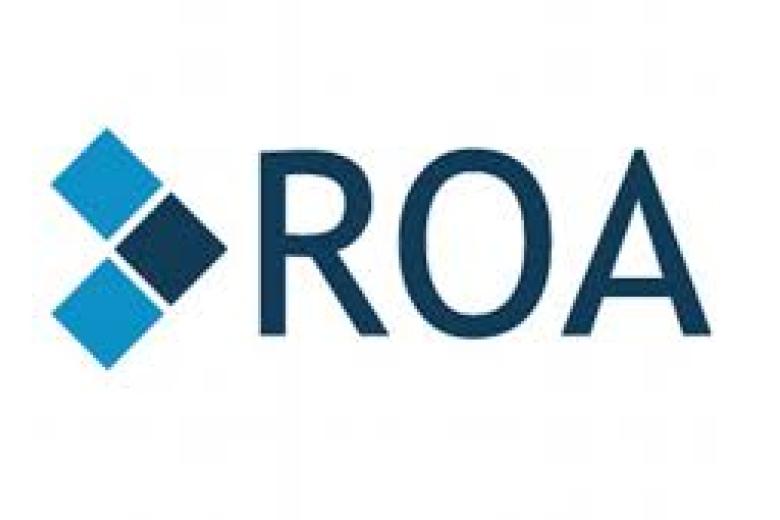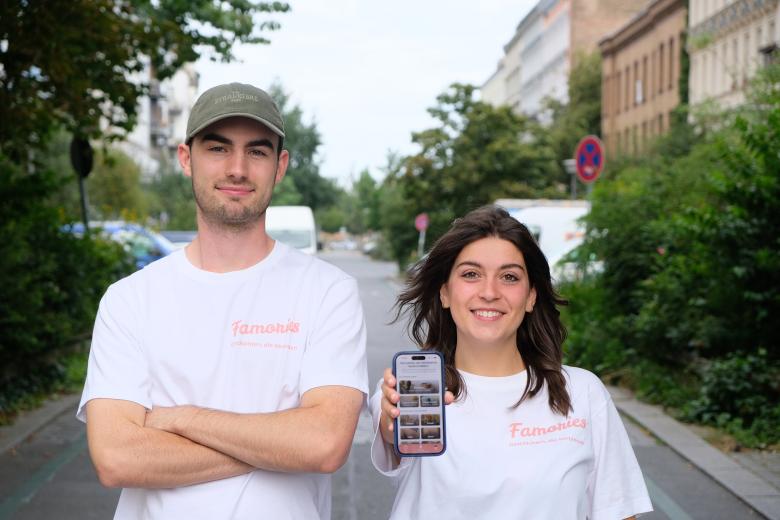How Limburg and African children together learn about hand washing
Thanks to an initiative of Prof. Dr. Edward Huizenga, children in Kenya, Uganda, India, Vietnam and the Netherlands are learning together how to wash their hands to prevent infectious diseases that would otherwise prevent them from attending school. For this social impact program called Handwashing Angels, Huizenga recently received the prestigious 2024 Beta Sigma Gamma Business Achievement Award.
The importance of hand hygiene
Hand washing with soap stands as one of the simplest methods to keep children healthy. Hand hygiene also ranks as a prioritized topic on public health agendas worldwide. 900 million children either have limited or no access to handwashing services at their schools, and a staggering 47% of schools globally lack handwashing facilities with soap and water. Consequently, 1 in 4 children falls ill and misses school.
Handwashing Angels
Huizenga started Hand Washing Angels in Kenya in 2019 with a school in Bondo with volunteers and the children's cartoon story of Luna and the Magical Blue Foam. Meanwhile, the program has also implemented projects with Kindante in the Netherlands. Here, too, hand washing is not a matter of course. So a survey was conducted among the children: when do you forget to wash your hands? Thus, hundreds of children in the classrooms learned the effect of clean hands.
What is delightful, is that children from Kindante connect with those in Kenya via livestreams. It is remarkable to witness 10-year-old children discussing their experiences during COVID. Moreover, they collaborate via TikTok to create a dance and a song to perform while washing hands. Did you know that you should also thoroughly wash your thumb and wrist?
Also read
-
Young people in higher education mainly choose based on their interests. A better link with labour market opportunities is needed.
Against the backdrop of structural labour market shortages, it is of social importance that young people choose courses that not only match their interests and talents but also lead to occupations with good employment prospects and social value, particularly in sectors such as healthcare, education...

-
From Study to Startup: The story behind Famories
When Lennie and Neele graduated, while many of their classmates were busy fine-tuning CVs and stepping into roles at top companies, they took a detour by recording podcasts with their grandmas. What began as a charming way to cherish family memories has blossomed into Famories, a vibrant startup...

-
Innovation, growth, and the Schumpeterian Legacy | SBE Academics React to Nobel Prize in Economics 2025
This year’s Nobel Prize in Economics was awarded to Joel Mokyr, Philippe Aghion, and Peter Howitt for their groundbreaking research on innovation-driven economic growth. SBE academics reflect on the laureates’ contributions, the enduring influence of Schumpeterian ideas, and the insights their work...
